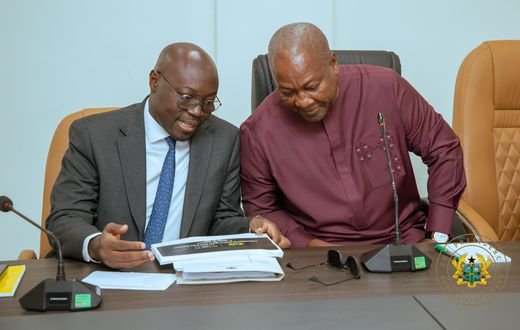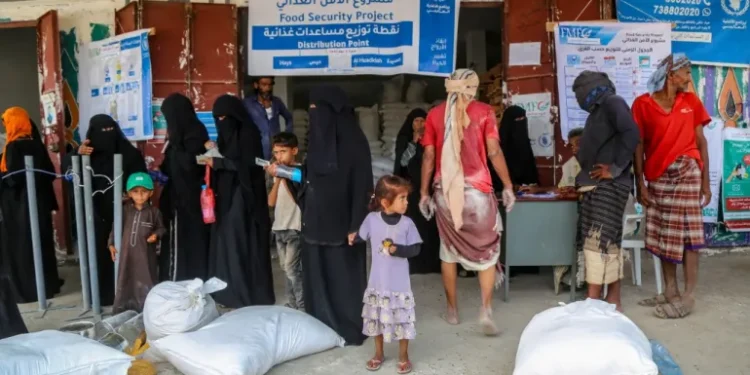The World Bank has issued a strong warning to the new Mahama administration, cautioning against a premature return to the Eurobond market.
According to the Bank, Ghana’s credibility cannot be rebuilt through fresh borrowing but only through fiscal discipline, transparency, and politically challenging reforms. It emphasized that rushing back to international capital markets would be interpreted by investors as the “easy way out” and would undermine the country’s efforts at long-term economic recovery.
In its latest economic outlook on Ghana, the Bank urged the government to make full use of the post-election “honeymoon period” to implement difficult but necessary reforms that will restore confidence both at home and abroad.
Ghana’s Troubled Debt History
The caution comes against the backdrop of Ghana’s longstanding struggle with debt sustainability. The World Bank highlighted that Ghana has entered 17 IMF-supported programmes in 68 years, spending nearly 40 of those years under active Fund supervision. This track record, it warned, demonstrates a troubling cycle of fiscal indiscipline, excessive borrowing, and weak financial management.
The report was clear that the 2022 economic crisis was not merely the result of external shocks such as the COVID-19 pandemic or the Russia-Ukraine war. Instead, it traced the roots of the crisis to years of fiscal irresponsibility, unrestrained borrowing, and reliance on Eurobond markets that encouraged short-term fixes while delaying critical reforms.
For the World Bank, the path to credibility lies not in accessing international markets prematurely but in demonstrating a commitment to long-term sustainability. The institution stressed that Ghana’s economic stability depends on strict adherence to its Medium-Term Debt Management Strategy and full transparency in its Annual Borrowing Plan.
“Reestablishing credibility will take time, but the process can start immediately,” the Bank stated. It advised the Mahama administration to focus on broadening the tax base, enforcing fiscal rules, and addressing inefficiencies in state-owned enterprises, particularly in the energy and cocoa sectors.
Mahama Aligns with World Bank’s Position
Interestingly, President John Dramani Mahama himself has expressed a similar sentiment. During his recent media encounter, he reassured Ghanaians that his government would not hastily return to international capital markets.
“We have survived without going to the capital markets. We’ve survived without borrowing. As the President, I would not favour a quick return to the international capital market. I think we should go like this for a while and consolidate the economy before we look at external financing.”
President John Dramani Mahama
His remarks suggest that the government is aligned with the World Bank’s call for discipline and consolidation before re-engaging the Eurobond market.
Breaking the Boom-and-Bust Cycle
One of the World Bank’s strongest messages was that Ghana must avoid falling back into its familiar boom-and-bust cycle. Easy access to international capital markets over the past decade, it argued, encouraged political shortsightedness and postponed necessary reforms, leaving the economy vulnerable to shocks.
To break this cycle, the Bank recommended a clear reset of Ghana’s economic model. This includes diversifying revenue sources, cutting wasteful spending, and strengthening institutions to ensure accountability. It also emphasized the importance of restoring investor and citizen confidence through transparent governance and decisive policy action.
While Ghana has benefitted from debt restructuring agreements and an IMF support programme, the World Bank insists that the country is not yet out of danger. Debt vulnerabilities remain high, and investor confidence is fragile. A rushed return to the Eurobond market, the Bank said, could jeopardize hard-won progress and reignite market skepticism.
Instead, the Mahama administration has a unique opportunity to rebuild credibility by focusing on structural reforms, fiscal prudence, and growth-oriented policies. This will require political will to make tough decisions, particularly in reforming state-owned enterprises and enforcing fiscal rules without compromise.
Ghana’s economic recovery will not come from quick borrowing but from deliberate action to fix the fundamentals. Both the World Bank and President Mahama agree that discipline, transparency, and reform are the only sustainable paths forward. If Ghana can resist the lure of easy borrowing and commit to long-term stability, it has the chance to finally break free from its historical cycle of crises and IMF dependence.
READ ALSO: Ghana’s Port Container Traffic Hits Record-Breaking 1.7m TEUs























